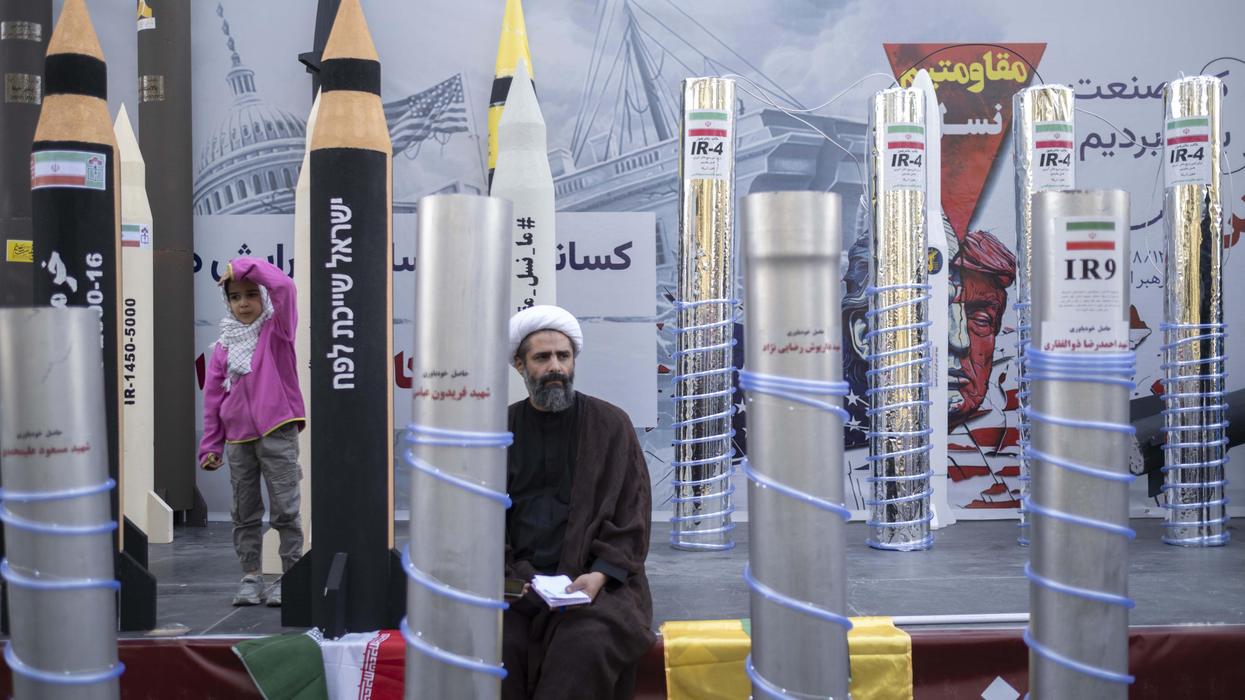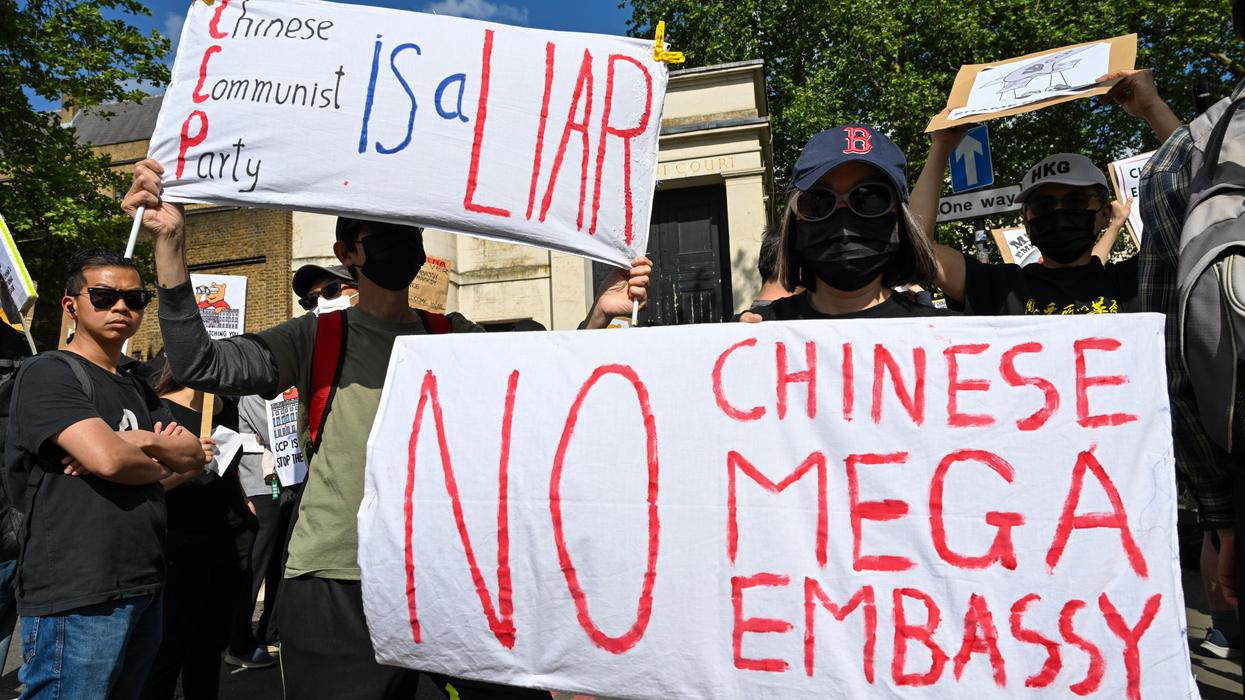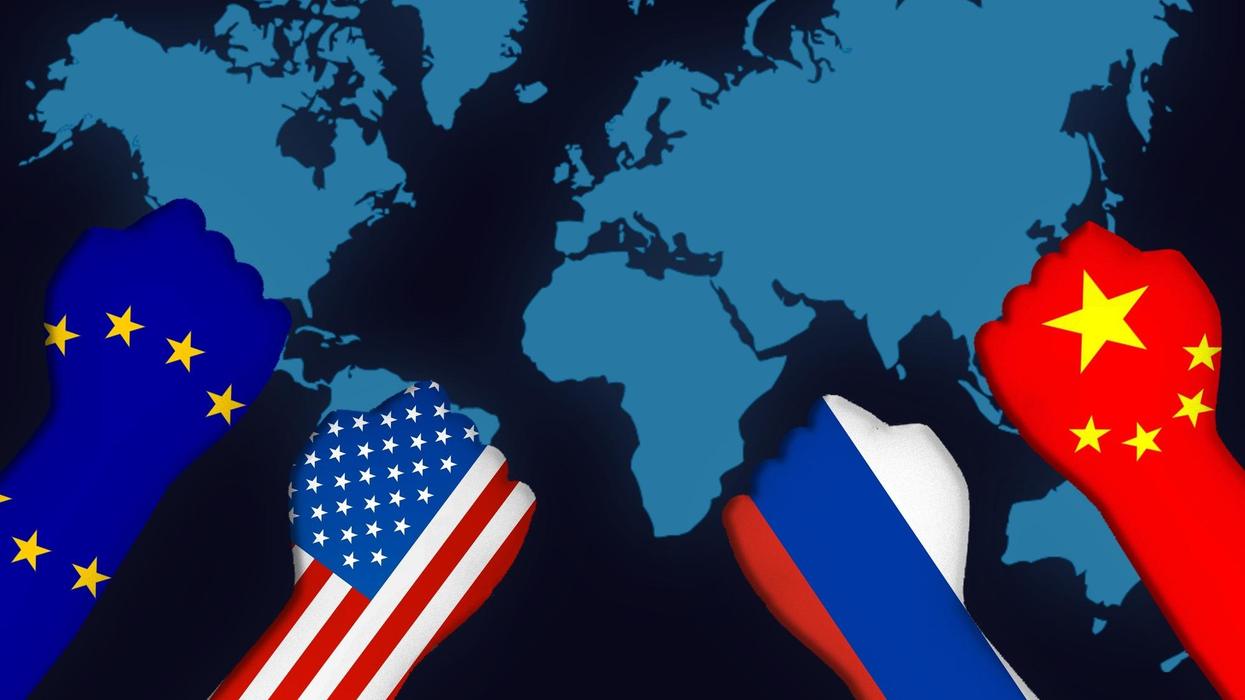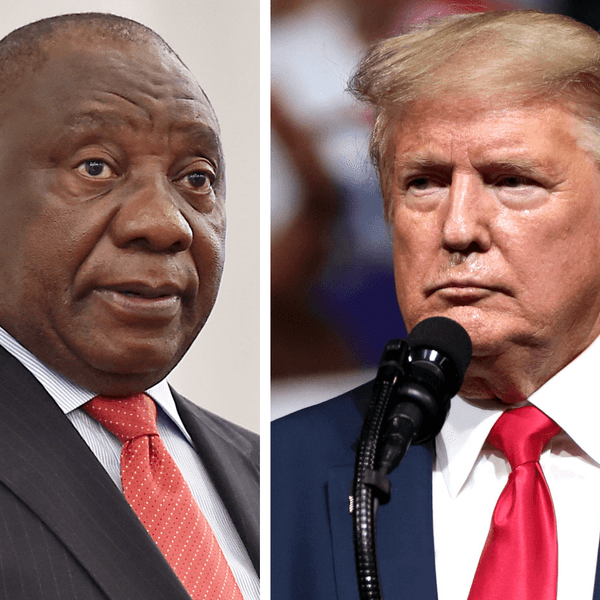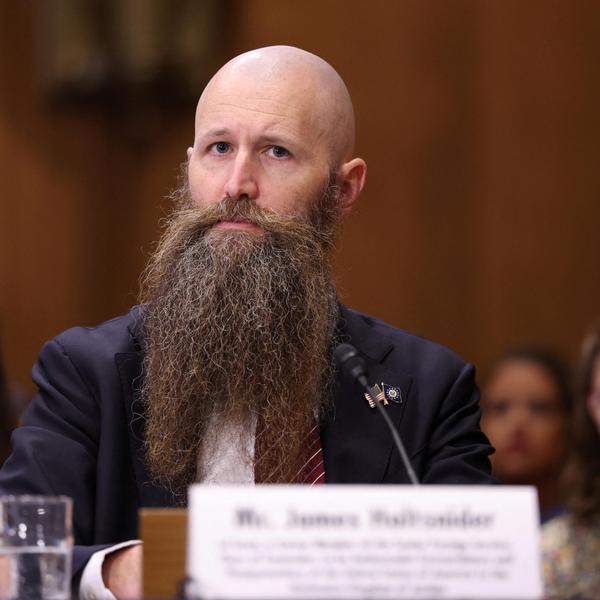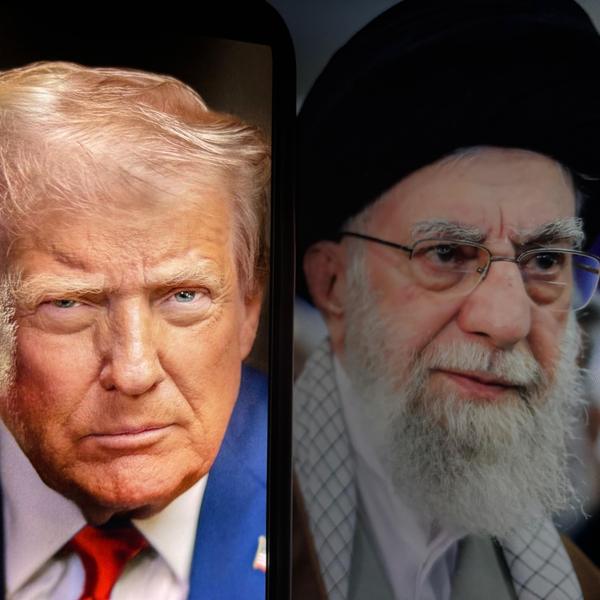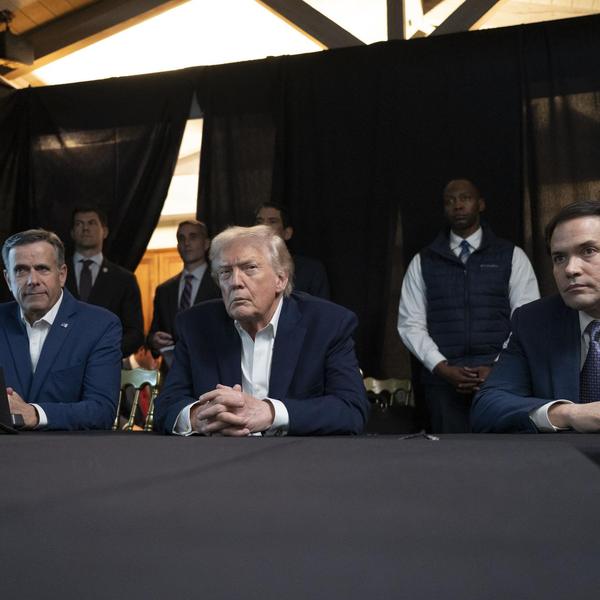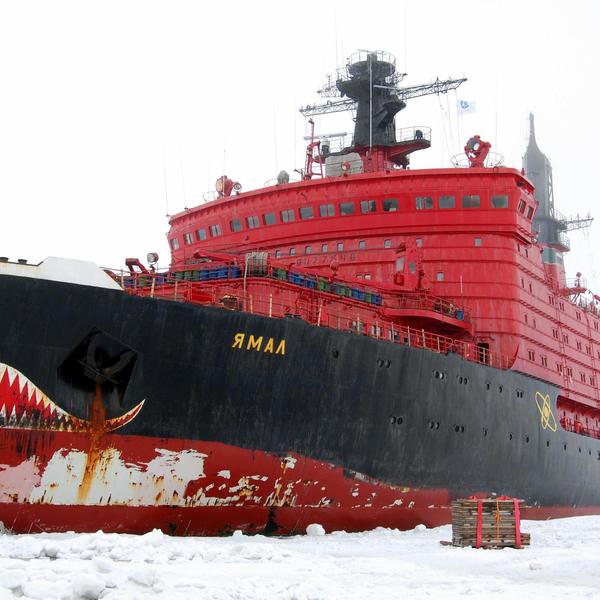UPDATE 2/12 6:00 a.m. EST: According to reports the election commission has released final results, showing that Imran Khan's Pakistan Tehreek-e-Insaf (PTI) party came out on top. According to al Jazeera, a number of independent candidates allied to help the party to a surprise lead with 97 of the 265 seats, though with "no party winning a majority, and numerous contenders claiming vote tampering, Pakistan’s political future is very uncertain."
UPDATE 2/9 1:00 p.m. EST: . The release of the election results have been significantly delayed, fueling fears that rigging is taking place behind the scenes and discrepancies exist in reported numbers. It is clear that Imran Khan's Pakistan Tehreek-e-Insaf (PTI) party came out on top, but whether they will be permitted to form a government is the real question.
Even critics of PTI within Pakistan have raised alarms over the results. While countries worldwide, including the United States, expressed concern, there seems to be no intent to exert pressure on Pakistan’s military establishment. It is being treated as an internal matter.
The U.S. State Department issued a statement today expressing concern about “undue restrictions” on the electoral process and alleged interference. However, the statement also conveyed that, “The United States is prepared to work with the next Pakistani government, regardless of political party, to advance our shared interests.””Pakistan's elections are taking place under compromised conditions, with the Pakistan Tehreek-e-Insaf (PTI) party effectively sidelined. Nevertheless, as results come in, PTI candidates are winning across the country by a large margin. If these results are ignored, Pakistan’s democracy would face serious turmoil.
The party, led by former Prime Minister Imran Khan, and popular in urban centers and among younger middle-class Pakistanis, has been subjected to intimidation and dismantling, with Khan himself in jail. Even PTI’s electoral symbol was prohibited on ballots, making it harder for voters to identify PTI candidates.
Pakistan’s military systematically disassembled Imran Khan’s PTI party, repeatedly arresting senior members and even targeting their children and party workers, with some facing trial in anti-terrorism courts. To maintain momentum, PTI has resorted to creative tactics, such as organizing large virtual political demonstrations and gatherings, even in the face of internet disruptions.
Today, there were reports of certain polling stations opening late, forcing voters to endure lengthy waits in line. Additionally, cell and internet services were cut across the country, ostensibly for security reasons, creating logistical challenges for voting. The elections are occurring amid threats from militant groups like ISKP, particularly in Pakistan’s northwest, but as of now, significant violence has been largely avoided.
The Pakistan Muslim League-Nawaz (PML-N), known for its stronghold in Punjab and led by former Prime Minister Nawaz Sharif, who returned from self-imposed exile last October, was projected to win, but current polling suggests otherwise.
Pakistan's flawed democracy
Pakistan’s political system is commonly characterized as a hybrid regime, incorporating both democratic and authoritarian traits. While there are regular (although sometimes delayed) elections and democratic institutions, such as a prime minister, parliament, and an activist judiciary, the military wields considerable influence in defense and foreign relations. Persistent issues like censorship, restrictions on civil liberties, and extrajudicial detentions are common.
A “elite bargain” prevails among the country’s political and business elites and the security establishment, with the ruling party benefiting the most, while the opposition politicians act as a counterbalance or are marginalized. Notably, politicians critical of the military in opposition tend to support it when in power, prioritizing personal and party interests. This is true for Nawaz Sharif and Imran Khan alike. This dynamic has led many, both in Pakistan and abroad, to perceive the military as more reliable and resilient compared to the political parties’ shifting alliances, defections, infighting, and nepotism.
What Pakistan’s security establishment prefers is an elected head of state who is compliant and a robust political opposition that can serve as a check on their power.
However, the ongoing feud between Imran Khan and the military has disrupted this cyclical arrangement. Public criticism and protests against the military by PTI supporters last spring reached unprecedented levels, facilitated by the ease of expression on social media.
Additionally, if Nawaz Sharif becomes the next prime minister of Pakistan, Imran Khan, serving as a political counterbalance, will not be available unless he is released from jail. It is also uncertain whether Nawaz Sharif and his PML-N party will willingly cooperate with the military if they come into power, particularly as time progresses. While a PML-N victory may temporarily appease the military, the absence of a strong political opposition could lead to conflicts between the PML-N and the generals over time.
If PTI comes out on top and the results are ignored, then Pakistan’s democracy will be placed into question and turmoil could follow.
What Does This Mean for U.S.-Pakistan Relations?
Washington consistently communicates that it supports free and fair elections in Pakistan but the public statements stop there. After Imran Khan’s arrest last May, the State Department issued cautious statements, expressing hope for Pakistan to adhere to the rule of law.
Khan’s arrests have been referred to as an “internal matter” for Pakistan which is music to the military’s ears. Some members of Congress have voiced concern but it is not a top priority for elected officials. Imran Khan’s PTI party is quite popular among the Pakistani American diaspora, but the diaspora itself is not large or organized enough to exert real pressure on elected officials. Furthermore, U.S.-Pakistan policy is largely crafted within the White House.
Imran Khan complicated the possibility of Washington providing moral support, even if it were inclined, by framing his removal from office through a vote of no confidence as a U.S.-backed regime change conspiracy. This move heightened anti-American sentiment in the country. The Biden administration is likely cautious about risking its relationship with Pakistan’s military over the fate of one political party led by a perceived unpredictable leader, and a strong U.S. statement is unlikely to benefit PTI figures or advance civil liberties.
U.S. financial support for Pakistan has also significantly decreased compared to previous years. A lesson from the Afghanistan war is that Washington cannot change the decisions of Pakistan’s generals once their minds are made up.
Washington’s key priorities in Pakistan are preventing large-scale conflict between Pakistan and India, maintaining political and economic stability, and counterterrorism. Initiatives like democracy promotion and education are important but secondary. Washington will engage with Pakistan as it exists. This explains why Secretary of State Antony Blinken met with Pakistan’s army chief during his visit to Washington last December, even though they are not direct counterparts. Despite limitations, Pakistan has elections, a vibrant press, and civil society. Although election outcomes may be partially engineered, the democratic challenges in Pakistan are not new, as no prime minister has ever completed their term.
A showdown over valid election results could, however, place Washington in a precarious position.
- Why the US is not weighing in on Imran Khan's 3 year prison term ›
- Why Imran Khan’s coup theory is so popular in Pakistan ›
- Pakistan's democracy hanging by a thread | Responsible Statecraft ›


